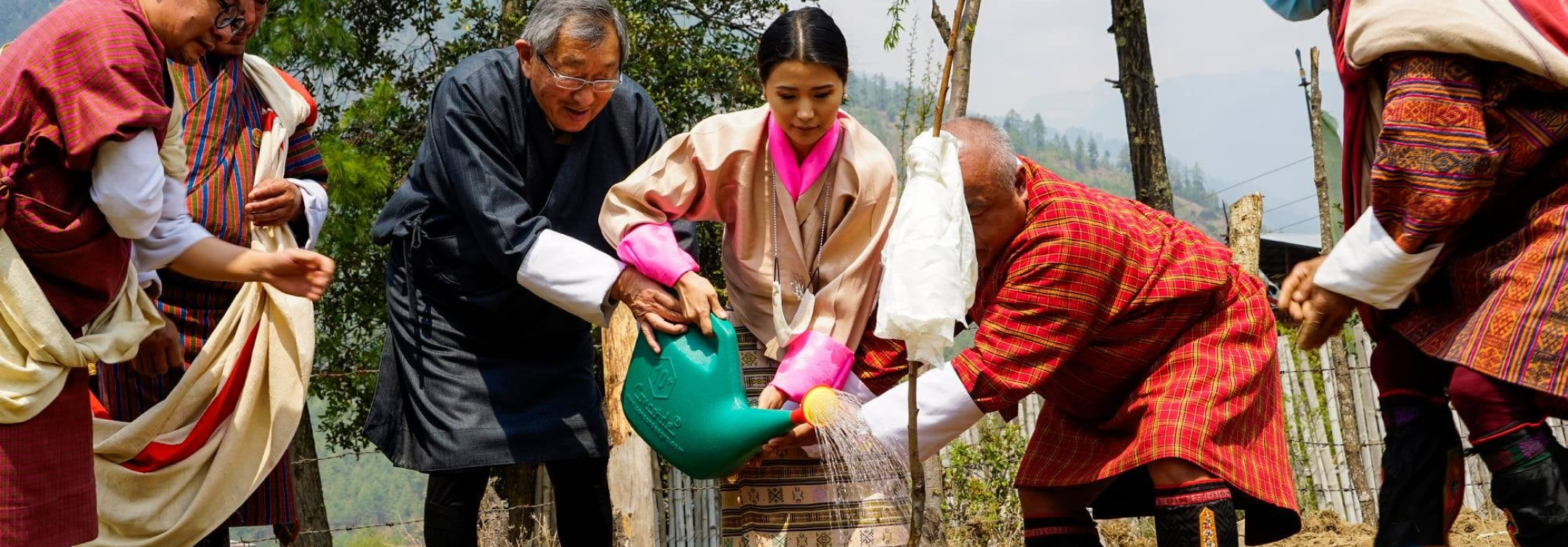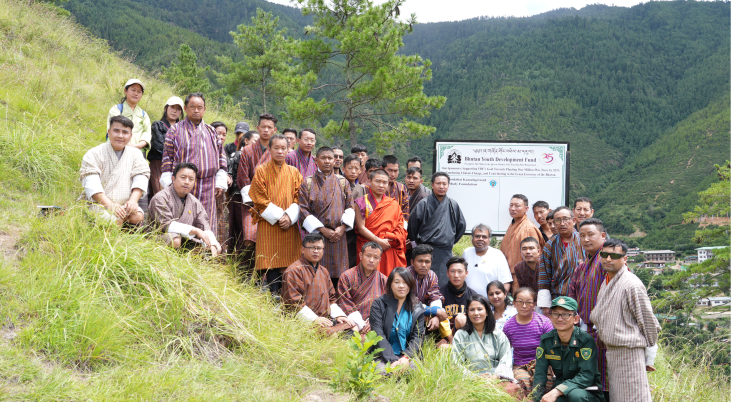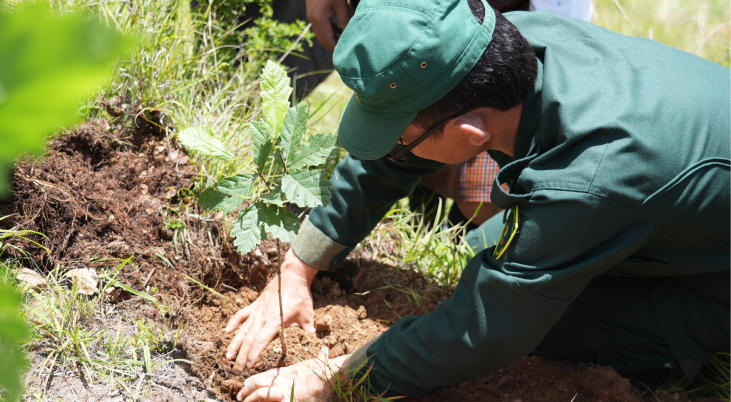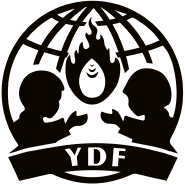

Bhutan’s natural environment, though pristine, is increasingly vulnerable to the impacts of climate change, deforestation, and unsustainable resource use. Rural and urban communities alike face mounting environmental pressures—from the depletion of forest cover to the accumulation of waste that strains local ecosystems. Young people, who make up a significant segment of the population, are especially affected by dwindling economic opportunities, limited environmental awareness, and a growing need to balance cultural traditions with modern development.
In this context, the Bhutan Youth Development Fund (YDF) recognizes the urgency of empowering youth to protect Bhutan’s unique ecological heritage. Whether the challenge is to conserve forests by planting carbon-absorbing trees, reduce paper waste through recycling, or preserve eco-friendly weaving traditions, the goal is the same: to create a sustainable future that benefits both people and the planet.
As Bhutan modernizes, the pressure on forest resources grows. Climate change exacerbates weather extremes, threatening Bhutan’s fragile ecosystems and rural livelihoods.
Young people who leave school early or are in recovery often struggle to find meaningful work, limiting their ability to contribute positively to society and environmental conservation.
Paper waste in particular is on the rise, and without innovative recycling efforts, it contributes to landfills and increases carbon emissions.
Traditional crafts, such as hand weaving with natural dyes, risk being overshadowed by fast-fashion imports and synthetic materials, diminishing Bhutan’s cultural legacy and environmentally-friendly production methods.
YDF’s “Nurture A Tree” project tackles deforestation and climate change by planting high carbon-absorbing tree species across Bhutan. Through community-driven planting events, workshops, and youth-led awareness campaigns, the project ensures that local communities, schools, and volunteers all take part in restoring forest cover. Participants become Conservation Champions, learning hands-on how to care for saplings and understand the broader impact of healthy ecosystems on community well-being.


Established in 2015, the Waste Paper Recycling Unit exemplifies YDF’s “triple bottom line” approach: people, planet, and prosperity. By transforming waste paper into pulp egg trays, WPRU reduces landfill waste, cuts carbon emissions, and provides jobs to vulnerable youth. Since its inception, WPRU has recycled over 360 metric tonnes of waste paper, produced more than 4.3 million egg trays, and avoided 142 tonnes of greenhouse gas emissions annually. The income generated helps sustain YDF’s broader youth development programs.
Through these programs under its Climate Action portfolio, YDF continues to innovate and expand. By planting resilient forests, reducing waste, and championing green livelihoods, YDF is creating a model for holistic, youth-driven conservation. With Bhutan’s status as a carbon-negative nation, YDF aims to show the world how environment, culture, and community can thrive together—paving the way for a greener, more equitable future.

Copyright © 2025 Bhutan Youth Development Fund.
Post Box 255 | Thimphu, Bhutan | tel: +975 2 327483 | fax: +975 2 326730 | info@bhutanyouth.org